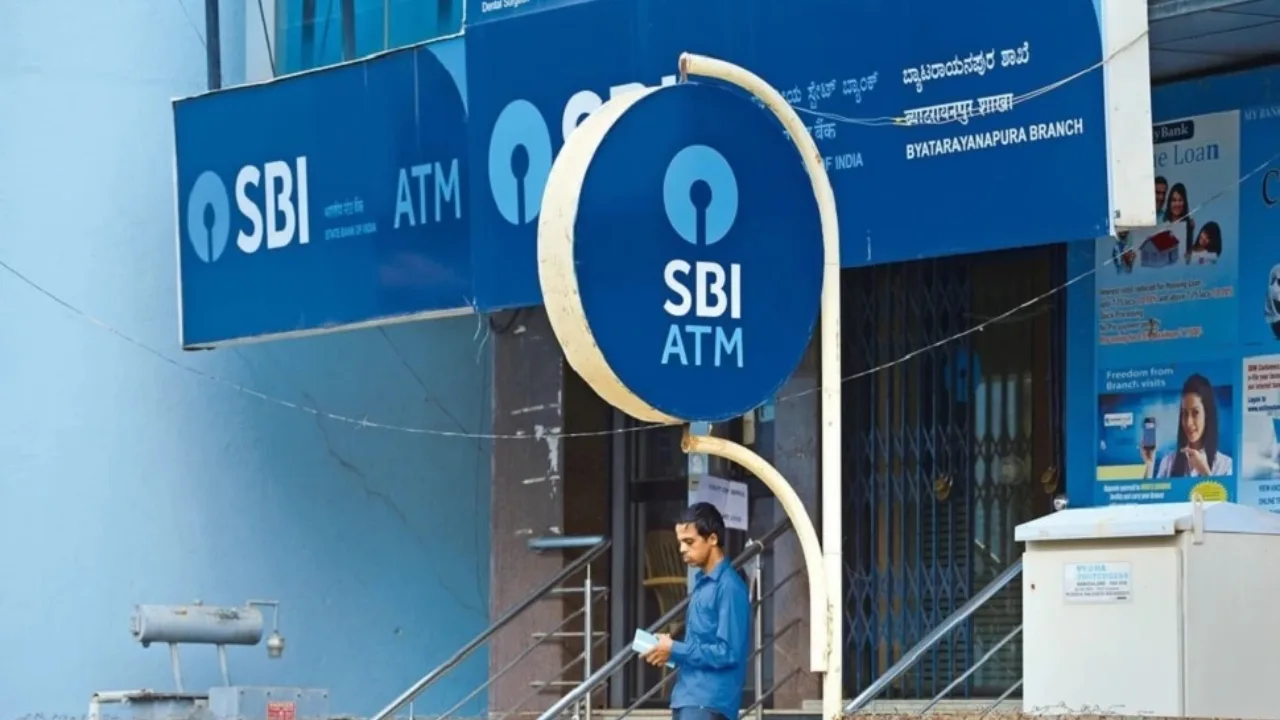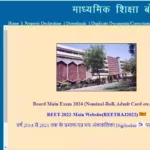In a recent development surrounding electoral bonds, the Supreme Court of India has issued a notice to the State Bank of India (SBI). The court’s move comes after concerns were raised regarding the bank’s disclosure of information on electoral bonds. While the SBI submitted details on the sale and redemption of these bonds, a crucial piece of information – the unique bond numbers – was missing.
A Landmark Judgment and Disclosure Requirements
In February 2024, the Supreme Court, in a landmark judgment, struck down the electoral bond scheme. The court found the anonymity provided by the scheme to be incompatible with the right to information enshrined in Article 19(1)(a) of the Indian Constitution. Furthermore, the judgment directed the SBI, the designated bank for issuing electoral bonds, to disclose all relevant details concerning these bonds to the Election Commission of India (ECI). This included information on the date of purchase, name of the purchaser, and the denomination of the bonds.
Incomplete Disclosure and the SBI’s Response
Following the court’s order, the SBI submitted details on electoral bonds purchased since the implementation of the scheme in April 2019. This data was then made public by the Election Commission on their website. However, upon closer examination, it became apparent that the information provided by the SBI lacked a crucial element – the unique alphanumeric codes assigned to each electoral bond.
The absence of these bond numbers significantly hinders transparency. Without them, it’s impossible to establish a link between the donors who purchased the bonds and the political parties that redeemed them. This lack of transparency raises concerns about potential quid pro quo arrangements between political parties and corporate donors.
Supreme Court’s Notice and Next Steps
On learning about the incomplete disclosure, the Supreme Court took swift action. The court issued a notice to the SBI, seeking clarification on why the bond numbers were not included in the submitted data. The court emphasized that, based on its previous judgment, all details pertaining to electoral bonds, including the unique identification numbers, must be disclosed.
The SBI is expected to respond to the court’s notice by March 18, 2024. The court’s next steps will depend on the bank’s explanation and its willingness to comply with the full disclosure mandate.
Potential Implications and the Road Ahead
The Supreme Court’s pursuit of complete transparency regarding electoral bonds holds significant consequences. If the court compels the SBI to disclose the bond numbers, it could potentially shed light on the financial sources of political parties. This information could be crucial for promoting greater accountability and reducing the influence of undisclosed money in Indian politics.
However, the issue remains complex. The SBI might raise concerns about confidentiality or argue that the disclosure of bond numbers would violate the privacy of donors. The court will need to carefully consider these arguments while upholding the principles of transparency and accountability in political funding.
The coming days will be crucial as the Supreme Court and the SBI engage in this legal battle. The outcome of this case will have a lasting impact on the transparency of political funding in India.




